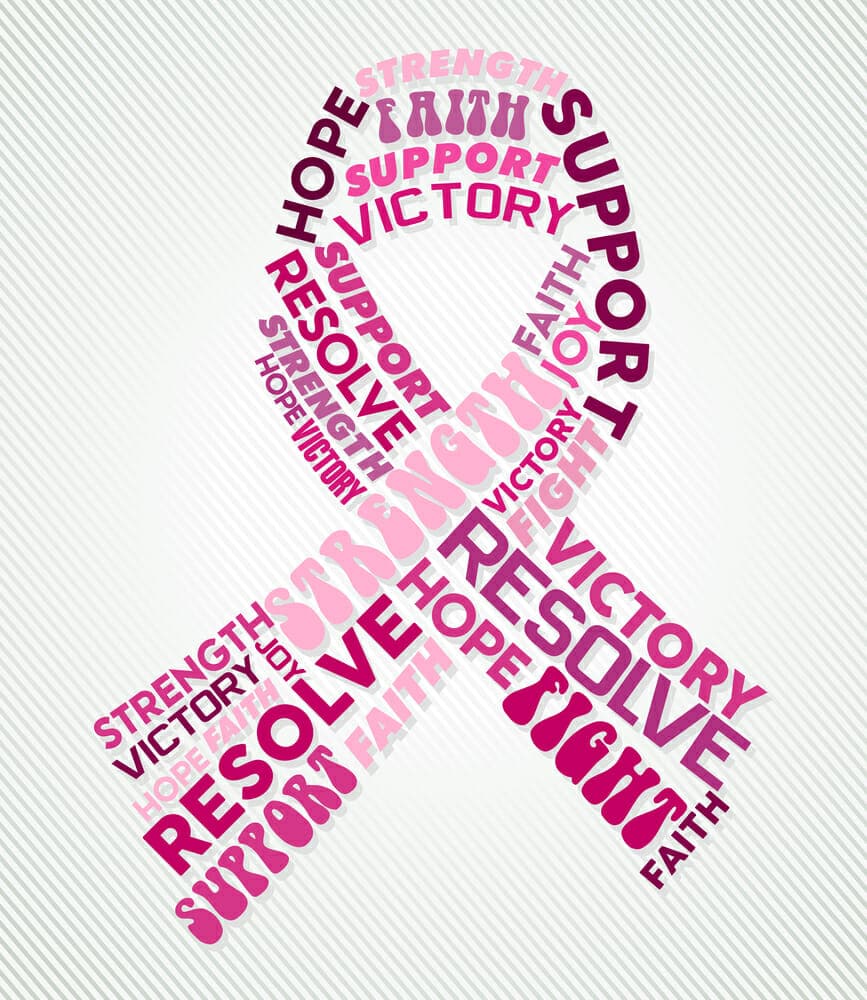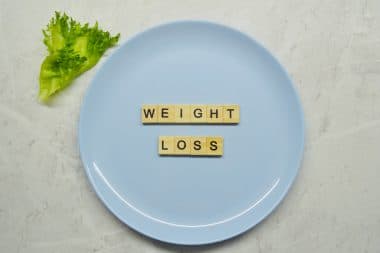We live in a time when we have lost touch with our natural cycle. Most of us hardly pay attention to our eating habits.
These days, eating is not limited to breakfast, lunch or dinner. We eat whenever we feel like. Not saying that it is bad but it can very well lead to poor eating habits, which is not healthy.
Eating to satisfy our hunger is what it should be. A bit of occasional indulgence is also fine but if it becomes a practice, it sure needs to be checked.
Overeating is an eating disorder which makes us gain weight. WHO says, worldwide obesity has nearly tripled since 1975. In 2016, more than 1.9 billion adults, 18 years and older, were overweight. Over 650 million were obese of these.
What’s interesting is that we are actually aware of the repercussions of increasing weight, still our eating pattern continues unless it turns out to be medical condition.
Binge or causal eating can be easily avoided. We can try following these simple tips to stay in shape, prevent putting on extra kilos and steer clear of any health issues.
We must try to understand our body and the signals that it gives.
1)Eat when you are really hungry: This is the first and foremost step towards mindful eating. In today’s time, most of us are prone to multitasking. According to experts, we fail to recognize the signals that our body gives because we are deeply engrossed in doing other tasks.
Ever noticed babies?? They cry when they are hungry and as soon as you are done feeding them, they cheer up and get back to their act. They are not familiarized to the habit of eating unless we condition them to.
We must learn to recognize our body’s signals. Eat when it tells you to and stop when it says.
However, keep in mind not to starve yourself. Deliberate fasting is never a good idea. Eat when you’re hungry.
This is how we mostly feel when we need to fuel ourselves –
- We might feel hazy and woozy
- At times, it gets difficult for us to concentrate on our work
- We might have a headache
- We may hear all kind of noises “gurgling and gnawing” from our stomach
- In worst case, we might feel restless and faint altogether
2) Learn to eat slowly: It is a proven fact that it takes close to 20 minutes for the stomach to send the signal to the brain that it is full.
Eating hastily makes us consume more, especially at the end of the meal. Eating slowly helps us to enjoy the food and acknowledge the message that it releases.
Try doing it for a few days; you’ll realize that it is actually helping you.
3) Never skip breakfast: Experts have been saying this for decades that breakfast is the most important meal of the day, and they say this for a reason.
Our body needs energy in the morning to get going. After 7 to 8 hrs of sleep, the blood sugar in our body gets low. A hearty and nutritious breakfast helps replenish it. Our muscles and brain need a normal level of blood sugar in order to work efficiently.
When we miss breakfast, we are more likely to compensate for our hunger through binge eating. In order to gain energy, we consume fat and sugar-rich foods which is not good for our health.
Quick energy giving foods like Chocolate are good but we must opt for sugarless bars which don’t contain synthetic sugars.
The age-old saying holds so true, “Eat breakfast like a king, lunch like a prince and dinner like a pauper”. Try and practice this all the time.
4) Drink lots of water: Now let me make it clear that water does not have any magical properties that will in some way, quickly burn your fat and make you lose weight. But water sure is a great tool to help you keep your weight under check.
Many people tend to confuse thirst with hunger. “Most people, myself included, are primed to overeat when they mistake hunger for thirst, which is a very common problem–most of us aren’t drinking enough!”, says Jaclyn London, M.S., R.D., senior clinical dietitian at Mount Sinai Hospital.
If you feel hungry between meals and are tempted to reach for the snacks, try sipping on a glass of water. Wait for 10-15 minutes; you’ll soon see the craving disappear.
Go for some light snacks in the beginning. If there’s an urge to drink, have water instead of other drinks which are more likely to have sugar or extra calories.
Having a glass or two of water 15 to 20 minutes before the meal is a good idea. It helps in digestion and also gives us the feeling of being full which in turn makes us eat less.
5) Include lots of natural fiber in your diet: Include raw fruits in your breakfast and salad in your lunch and dinner.
Having a bowl full of fresh salad before your lunch and dinner gives you a feeling of satiety, because our body processes fiber-rich foods slowly, making us eat less.
A salad has high water and fiber content, so it takes up space in stomach and gives us a feeling of being full even though the calorie intake is quite low.
Try replacing your unhealthy snacks with fiber-rich food if you are working towards fitness goals.
For example, have an apple instead of a piece of cake when you feel hungry between the meals. The good part is that you won’t gain weight even if at times you tend to overeat.
6) Use smaller plates to eat: Eating in smaller plates helps you to maintain the right portions of food.
Dieticians practice this tip very often. 100 gms of cereal would fill-up a small bowl, giving an impression of large amounts. Whereas the same amount in a larger bowl would look insufficient, wanting you to add more.
When eating in a large plate, often we try and fill that extra space on the plate with food. And in order to finish it all, we tend to overeat. Use small plates for the main course.
We need to understand that everyone of us has a different body and needs. What might be sufficient for us could be insufficient for others.
The best way is to analyze your eating habits for a period. If you are constantly adding to your weight and not feeling good, there could be a problem. Otherwise, continue enjoying your food.
– Guest Post by Superfoodsliving.com








Reply